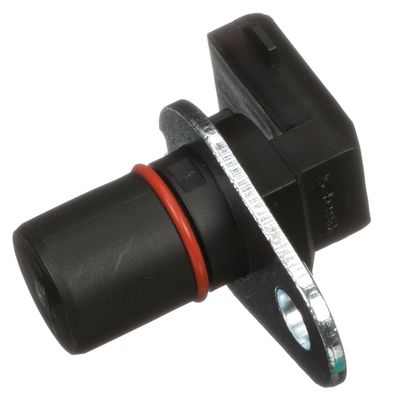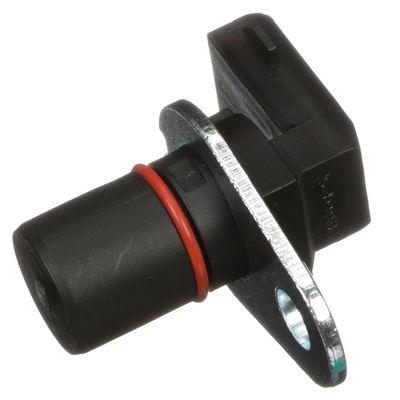Answer
Aug 15, 2024 - 02:25 PM
Unplugging your ABS sensor will have several effects on your vehicle, primarily affecting the ABS and related safety systems:
-
ABS Warning Light: The ABS warning light on your dashboard will illuminate. This is an immediate indication that there is a fault in the ABS system, and the vehicle’s computer (ECU) has detected that the sensor is no longer providing data.
-
Loss of ABS Functionality: With the ABS sensor unplugged, the Anti-lock Braking System will be disabled. This means that during hard braking, the wheels could lock up, which can lead to skidding, loss of steering control, and potentially longer stopping distances, especially on slippery or uneven surfaces.
-
Impact on Traction Control and Stability Control Systems: Many vehicles use ABS sensor data to operate traction control and electronic stability control systems. Unplugging the sensor could disable or impair these systems, making the vehicle less stable and harder to control in certain driving conditions, such as during rapid acceleration or when navigating sharp turns.
-
Speedometer Issues: In some vehicles, the ABS sensor also contributes to the speedometer reading. Unplugging the sensor might cause the speedometer to malfunction or display incorrect speeds.
-
Transmission Shifting Problems: In some cases, especially in vehicles with automatic transmissions, the ABS sensor data can be used for shifting logic. Unplugging the sensor could cause rough or improper shifting.
-
Potential for Further System Errors: Unplugging an ABS sensor can sometimes trigger additional error codes in the vehicle's computer system, which might affect other electronic systems.
-
Legal and Safety Concerns: Driving without a functioning ABS system may be illegal in some regions, and it significantly increases the risk of an accident, particularly in emergency braking situations.
-
Increased Risk of Accidents: Without ABS, you are more likely to experience wheel lockup during hard braking, which can lead to loss of control, especially in wet or icy conditions.
In summary, while unplugging your ABS sensor will not immediately disable your vehicle, it will compromise the safety systems designed to keep you in control during difficult driving conditions. It's generally not recommended to unplug the ABS sensor unless you're troubleshooting or testing the system in a controlled environment. For regular driving, the ABS sensor should always be connected and functioning correctly.





Add New Comment